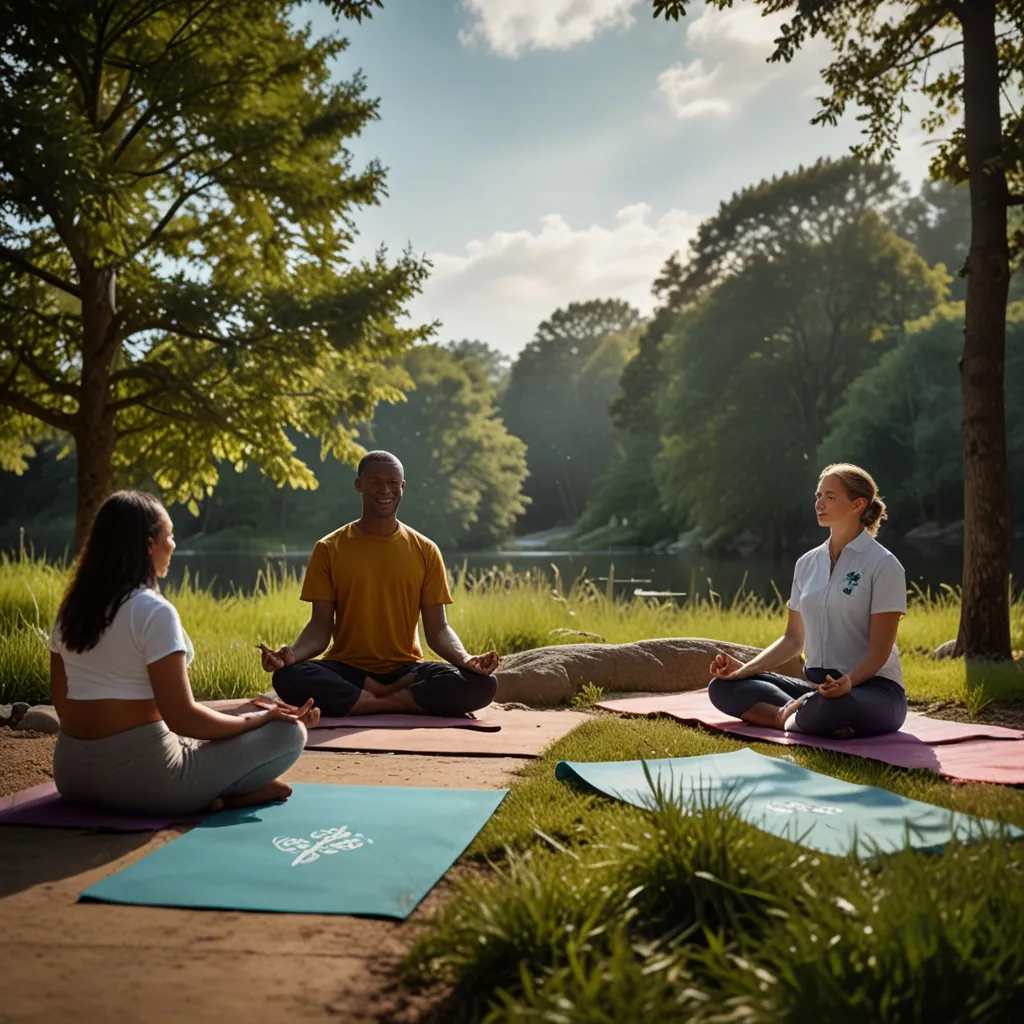Mindfulness has definitely taken the spotlight in today’s world, and it’s no wonder why. This ancient practice, which has its roots deeply set in Buddhist meditation, is revolutionizing modern medicine. It has proven to significantly enhance both physical and mental health, offering a wide array of benefits. So, let’s dive into how this incredible practice is making waves in the healthcare field.
Mindfulness-based stress reduction (MBSR) programs are one of the primary ways mindfulness is being incorporated into medical practices. These programs, developed by Dr. Jon Kabat-Zinn, mix meditation, yoga, and stress reduction education into one powerful combo. The results? Pretty impressive. Numerous studies have shown that MBSR can lead to significant drops in pain, anxiety, and depression. For instance, a study at the University of Massachusetts Medical Center revealed that participants in an MBSR course experienced less pain and better mood stability, with these benefits lasting up to 15 months post-program. That’s over a year of feeling better just from including mindfulness in their routine!
Mindfulness isn’t just about managing stress. One of the most exciting applications is in the domain of chronic pain management. The way our brains process pain can be positively transformed through mindfulness meditation. There’s fascinating research from the University of Montreal showing that Zen meditators had much lower pain sensitivity compared to non-meditators when exposed to heat stimulation. When they actively practiced mindfulness, their pain levels dropped even more. It’s like a natural painkiller that you can tap into with your mind.
But it doesn’t stop at pain. Mindfulness is also making strides in mental health, notably in reducing depression and anxiety symptoms. By increasing awareness of thoughts and feelings without judgment, mindfulness helps people navigate their mental landscapes more effectively. An interesting study showed that an eight-week self-guided online mindfulness program significantly lessened depression symptoms more than the usual treatment alone. It’s a game-changer for mental health.
And here’s something cool: mindfulness isn’t confined to sitting quietly and meditating. It can be integrated into everyday activities like walking or eating, an approach often called mindful living. This method encourages individuals to be fully present in whatever they’re doing, which helps slash stress and boosts overall well-being. For example, a body scan meditation can be particularly useful. It involves mentally scanning your body from top to bottom, increasing mindfulness and reducing physical discomfort along the way.
What’s really interesting is how mindfulness is being embraced not just by individuals but by entire systems. Mindfulness programs are popping up in schools, workplaces, and hospitals. They’re helping to improve mental health and well-being across the board, not just for patients but for healthcare providers too. Stressed doctors and nurses can greatly benefit from mindfulness practices, leading to better patient care overall.
Despite all these benefits, many people find it hard to squeeze mindfulness into their hectic schedules. There’s a common misconception that it requires a lot of time. However, that’s not necessarily true. Even just 5 to 16 minutes of mindfulness meditation per day can bring about significant positive changes in the brain. This can lead to a greater inclination towards positive emotions and stronger connections with others. So, it’s definitely worth a shot.
Another myth is that mindfulness is only for “New Age” types. This couldn’t be further from the truth. Mindfulness is a secular practice that anyone can benefit from, regardless of their beliefs. It’s all about fostering awareness and compassion in the present moment, something anyone can do with a bit of practice.
If you’re interested in starting your mindfulness journey, there are plenty of resources to help you get started. Online programs and apps offer guided meditations and exercises. It’s best to look for resources from reputable medical schools and universities to ensure they’re based on solid evidence. Additionally, having a teacher or guide could make the initial steps much easier and more structured.
So, to wrap things up, mindfulness is proving to be a powerhouse in modern medicine. Its benefits range from managing chronic pain to improving mental health. Integrating mindfulness into your daily routine can significantly boost your overall well-being and reduce stress. Whether you choose formal meditation or prefer incorporating mindful practices into daily activities, the important thing is that mindfulness is both accessible and beneficial for everyone. So why not give it a go? You’ve got nothing to lose and so much to gain.






